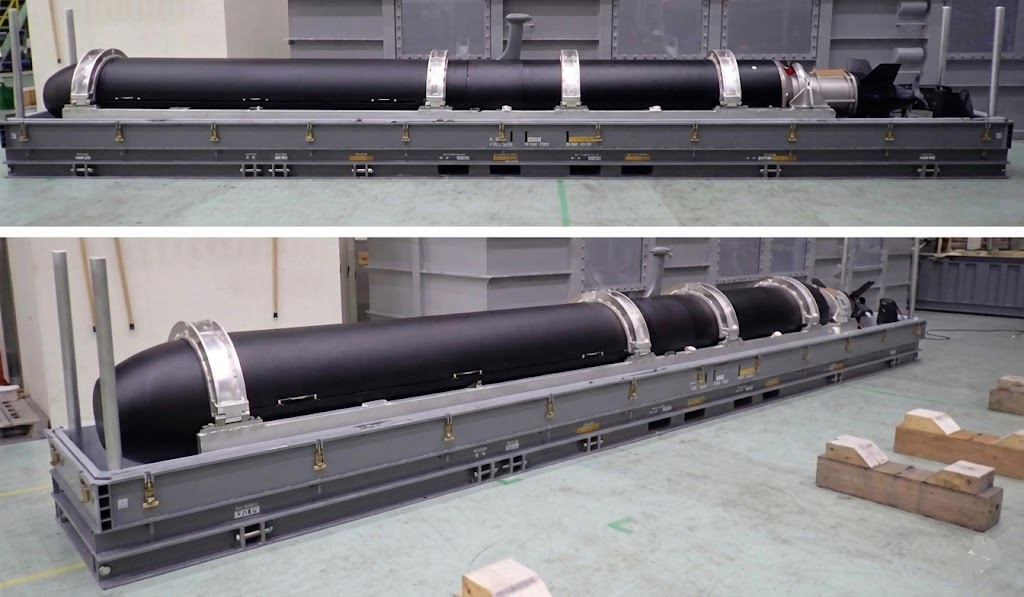Encrypted Chats Expose Plans to Send U.S. Combat Troops to Portland During Civil Unrest

Recently leaked encrypted messages from senior Trump administration officials have shed new light on internal discussions about deploying the 82nd Airborne Division to Portland, Oregon, during a period of civil unrest in the city. The revelations, obtained by the Minnesota Star Tribune through an anonymous source, suggest that top aides debated the legality, political optics, and potential fallout of using one of America’s most recognized combat units on U.S. soil.
Internal Deliberations Over Military Deployment
The leaked exchanges took place on Signal, an encrypted messaging platform often used by government officials and advisors. Among those involved were Anthony Salisbury, a senior aide to then–White House Deputy Chief of Staff Stephen Miller, and Patrick Weaver, an advisor to then–Secretary of War Pete Hegseth. The discussions reportedly occurred while Salisbury was attending a family funeral in Minnesota, adding a personal dimension to what became a politically charged conversation.
According to the messages, Weaver conveyed that Hegseth wanted assurances from the White House that he would receive “top cover” if the situation in Portland worsened following a potential deployment. The term referred to political and legal backing from senior administration figures, including President Trump himself.
The conversations also revealed hesitation about using the 82nd Airborne Division, which is typically associated with overseas combat missions rather than domestic enforcement. Weaver and Salisbury reportedly agreed that deploying such a high-profile unit could provoke significant backlash and fuel accusations of militarizing domestic law enforcement.
Shift Toward the National Guard
Ultimately, the administration chose a more limited approach. On September 28, 200 National Guard troops were sent to Portland following President Trump’s characterization of the city as “war-ravaged.” The move drew immediate legal challenges from both the state of Oregon and the city of Portland, which argued that the deployment violated federal statutes restricting the use of active-duty military personnel in domestic law enforcement roles.
Legal experts referenced the Posse Comitatus Act, a longstanding law designed to prevent the military from being used as a policing force within the United States. The lawsuits emphasized that even National Guard deployments must adhere to strict state and federal guidelines, particularly when civil liberties are at risk.
Broader Implications and Cabinet Tensions
The leaks also revealed internal friction within the administration. Salisbury reportedly made critical remarks about FBI Director Kash Patel, suggesting divisions among senior officials over the handling of domestic unrest. These remarks reflect the broader atmosphere of distrust and political maneuvering that characterized much of the administration’s internal communications during that period.
The White House response to the leaks was deflective. Rather than address the substance of the messages, officials criticized the Star Tribune and other journalists involved in reporting the story, accusing them of “moral bankruptcy.”
Concerns Over Civil-Military Boundaries
These disclosures come amid renewed debate about the boundaries between military and civilian authority in the United States. President Trump’s previous comments describing American cities as potential “training grounds” for the military have heightened public concern about the normalization of armed forces in civil affairs.
Civil rights groups, including the American Civil Liberties Union (ACLU) and Human Rights Watch, have warned that any precedent for military involvement in domestic policing could weaken democratic institutions and erode public trust in both the armed forces and the federal government. Legal analysts also note that using elite combat units domestically could set a troubling example for future administrations, potentially blurring constitutional limits on executive power.
Possible Outcomes and Future Implications
If verified, the leaked communications could have multiple consequences. Congressional committees might seek to review whether the discussions breached legal or ethical boundaries, particularly concerning the Insurrection Act or federal deployment protocols. Moreover, they could prompt renewed scrutiny of encrypted communications among senior government figures, raising questions about accountability and transparency in crisis decision-making.
The controversy also serves as a reminder of how internal political considerations often influence national security decisions. Even though the deployment of the 82nd Airborne Division did not materialize, the discussions highlight a willingness within parts of the administration to consider military intervention in civilian contexts—a notion that continues to alarm legal scholars and defense analysts alike.
As the situation unfolds, both public and congressional attention is expected to focus on the extent of executive authority in domestic operations and the long-term implications such decisions could have for the separation of military and civilian spheres in the United States.
About the Author
Aditya Kumar:
Defense & Geopolitics Analyst
Aditya Kumar tracks military developments in South Asia, specializing in Indian missile technology and naval strategy.






